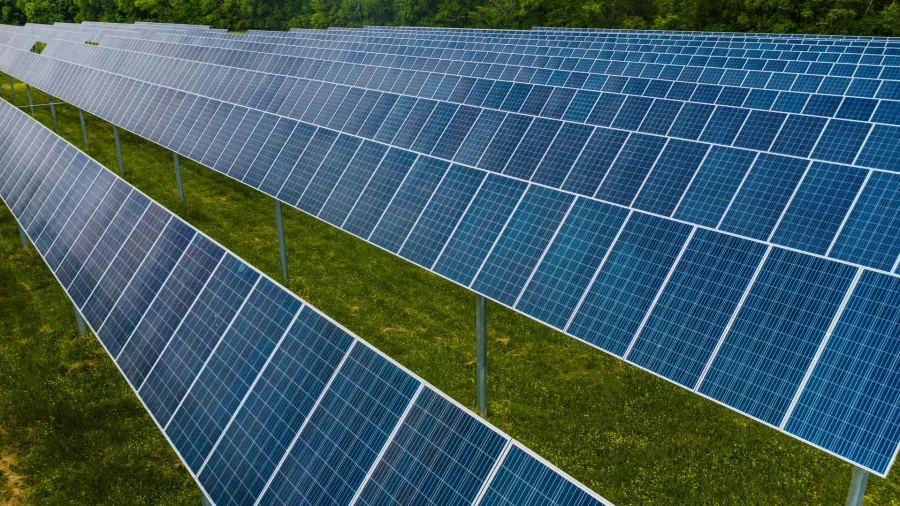
EY finds gaps in Singaporeans' sustainable actions vs. intentions
More than half of Singaporeans are not willing to pay more for more sustainable products.
The majority of Singaporeans (80%) believe that energy providers should manage sustainable energy use, likely explaining why 53% are unwilling to pay more for sustainable products.
Seven in 10 energy consumers surveyed by EY for its Energy Transition consumer insights report also believe they are doing as much as they can to be sustainable.
EY Asia-Pacific Energy & Resources Customer Experience Transformation Leader Mark Bennett said whilst efforts on the supply side are gaining momentum, there's a need for a fundamental shift in how sustainable consumer behaviour is encouraged.
“Consumers want a clean energy future but need a broad range of support to make personal energy choices. To close the gap between consumers’ intentions and actions, everyone in the broader energy ecosystem, including the energy providers and the government, must work together to pull every lever,” he added.
Meanwhile, Singapore ranked sixth on the EY Energy Consumer Confidence Index with a 61.7 score, higher than the global average of 58.7. The country's standing reflects the confidence of Singaporean consumers about their energy situation, market, and future.
Despite this, many still say there is a problem relating to three fundamental aspects of the energy experience: affordability, access, and appeal.
About 31% of Singapore respondents are confident in the affordability of their energy costs; 36% believe they have access to clean and new energy options, and 22% would adopt new energy products and services with a simplified purchasing and installation process.
Many (85%) Singaporeans also expect their energy providers to offer low-cost and high-quality products. Whilst 15% of Singapore respondents are fully satisfied with their energy providers, 36% would like to see increased sustainable products and services from them.
MORE LIKE THIS: Two-thirds of consumers reluctant to invest in sustainable energy: EY











 Advertise
Advertise











